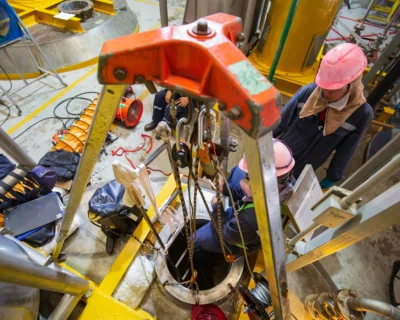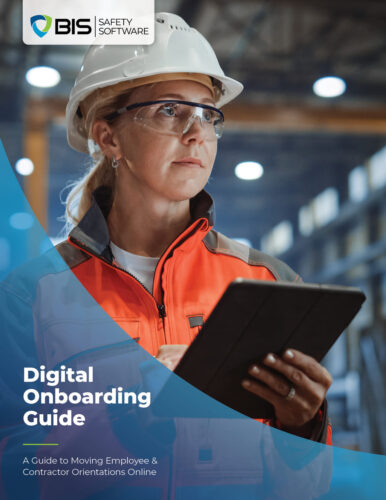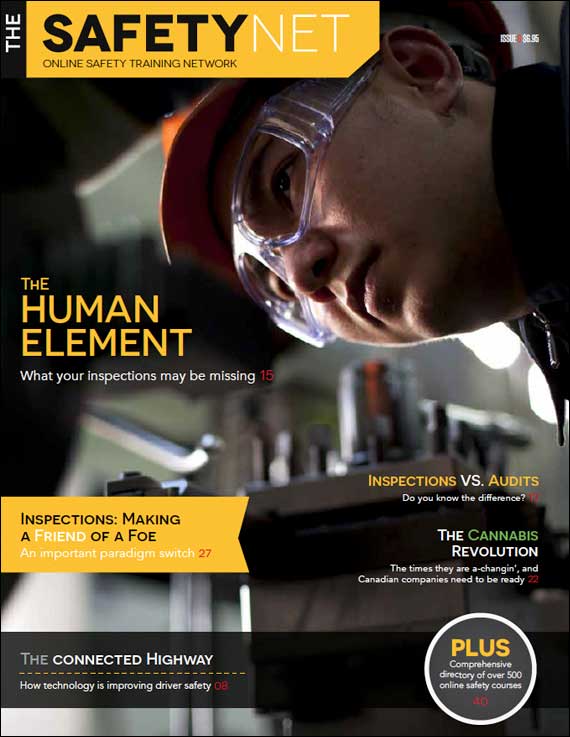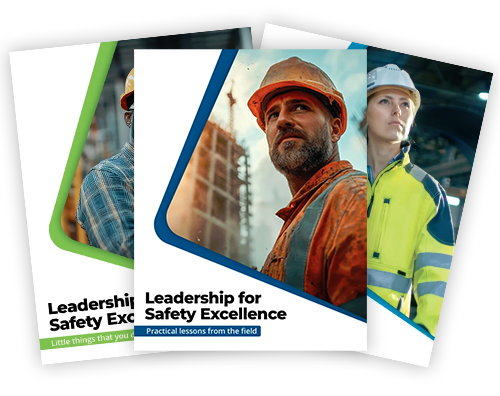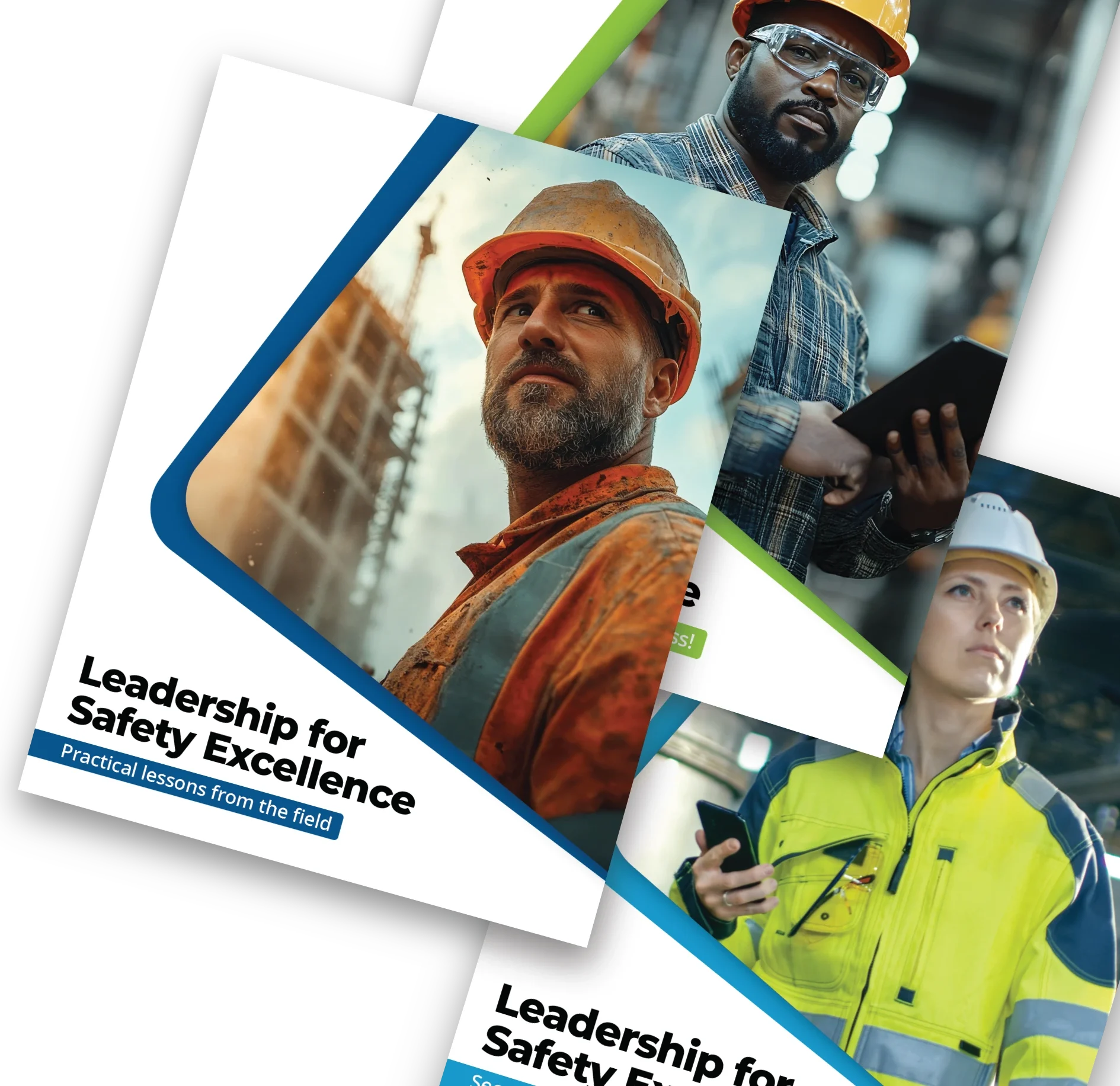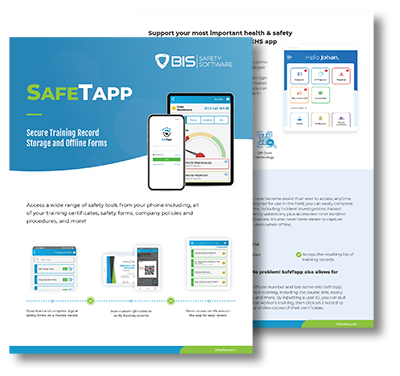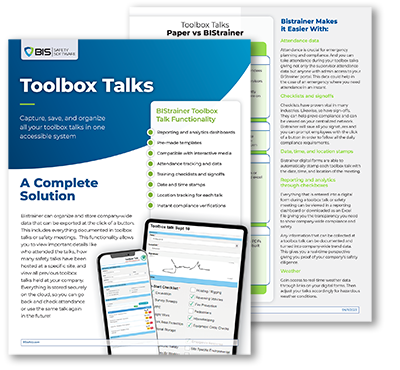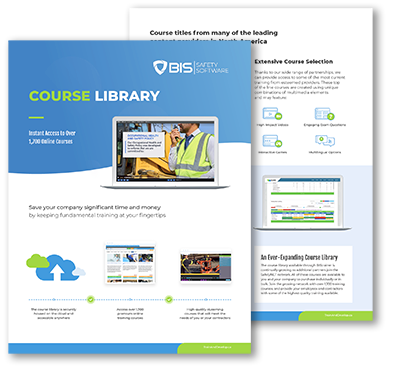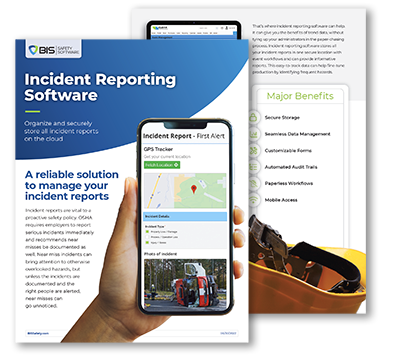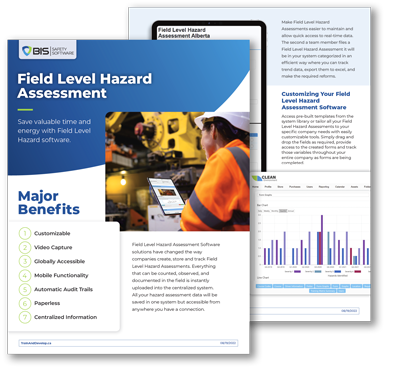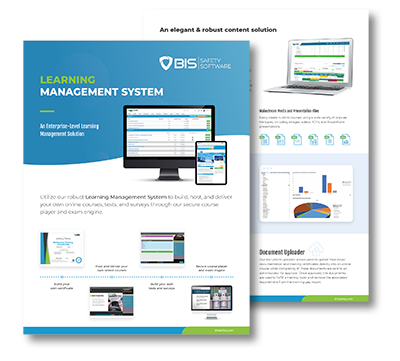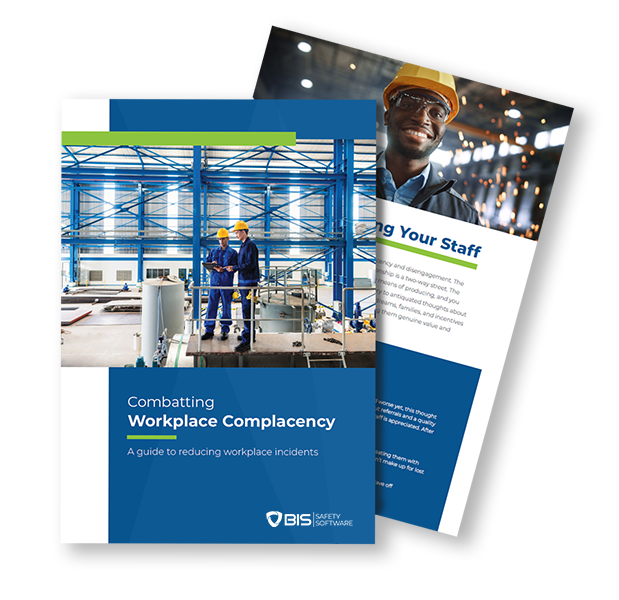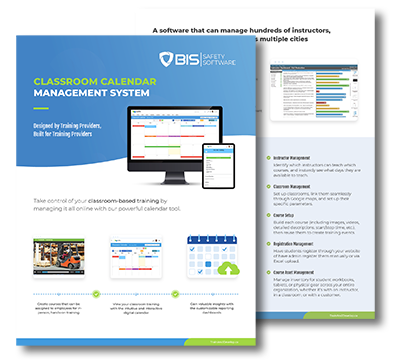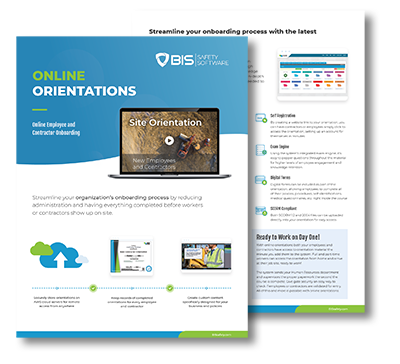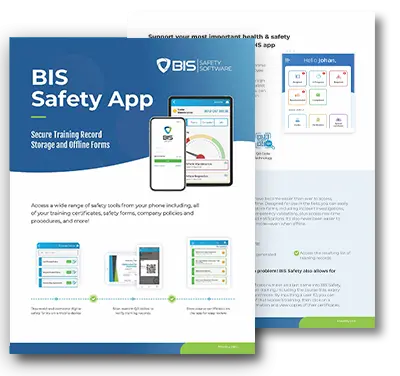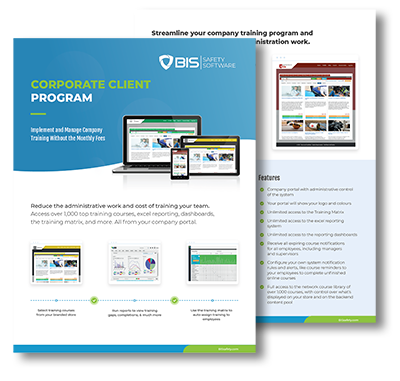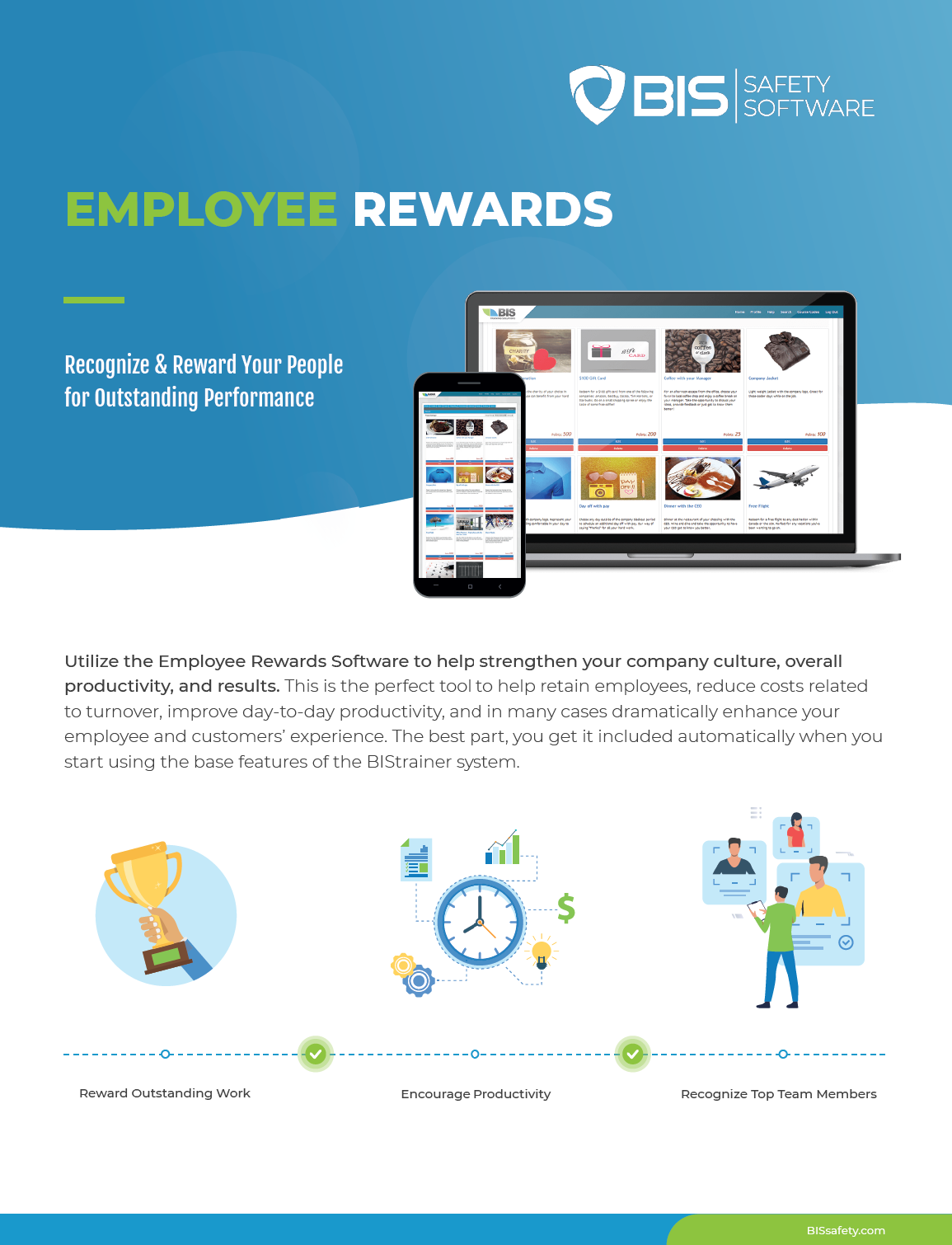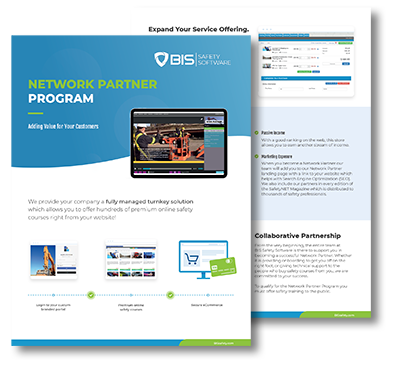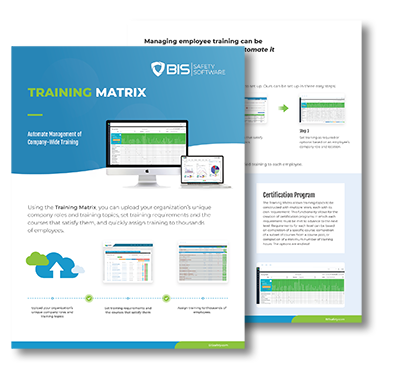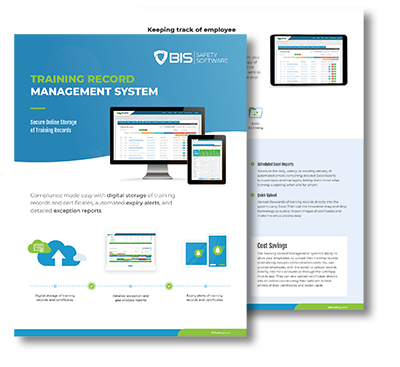
Generating Leadership Through Influence and Experience
This article looks at old training practices using mentorship and how they can be just as effective today. After reading this, we hope you’ll consider influential training methods that will instill a sense of classic autonomy in your organization.
Times Are Changing, Natural Human Tendencies Remain
In the past, we built cathedrals that still stand today and trained masons and skilled workers using mentor techniques. What changed?
Today, some companies have a tendency to hire people for leadership positions who have never worked the jobs they oversee. This can be beneficial sometimes, yet the old methods never failed us. The disconnect we’re seeing between technicians and upper management has been multiplied by these alienating new methods. Glass ceilings have been installed in fields that never saw them, and the average worker is wondering what excelling will achieve.

We believe the old technique is more natural, cheaper, and easier on most involved. And the end goal is to have leaders in place who are as insightful as they are influential, and safety is built-in through experience and the sharing of wisdom.
Adversity to Leaders | Context
Aversion to authority distinguishes modern individuals from say, miners in the 1600s or riveters in the 1800s. Working conditions in the early 1900s demonstrated that being a member of a larger system did not guarantee your individual safety. It’s true, this isn’t a new lesson, but when combined with education, it promotes a new level of skepticism that was previously drowned out by needs. People today are full of historical lessons and many of these lessons paint authority in an exploitative light.

It’s simple to assume that everyone wants to help society by working, but their willingness to do so relies on what they expect to be doing. They will not operate in a confined space if they believe they will be abandoned, and they will be less inclined to work on the conveyor belt if they are doubtful of lockout measures. Let’s not forget about the viruses that workers in the fast-food sector are exposed to every day just by working in public.
Managers must recognize that individuals no longer require the leadership that they once did. They aren’t drawn to authority in the way an ancient herdsman was. It’s a completely different story, people today mostly work for money. So, they require leadership to provide a stable environment where they can produce.
Sure, many people have the freedom to pick their profession and even their company. Those are the fortunate ones, and in the grand scheme of things, they’re a drop in the ocean.
Individually, people have become pragmatic. They look out for themselves and their coworkers, which can lead to an “us vs. authority” environment in a large company. This is less about management and more about the inevitable disconnect that occurs in massive systems.
Your selection of leaders can mitigate these problems. Choosing relatable leaders with shared experiences with the people they oversee is a way to overcome a lot of these problems.
Selecting an Influential Leader
One of the most admirable qualities of a leader is the ability to empathize with all the tasks they oversee. So, one of the most crucial first steps in developing an inspirational policy is to ensure that your leaders have prior experience with the work they are in charge of. To accomplish this, you must:
Promote from the ground up – Don’t merely recruit someone for a role that you can fill with your own employees. Sure, there are plenty of fine diplomas and impressive resumes out there, but do they truly understand underwater welding as well as your forty-year veteran with breathing problems? No, they most likely don’t, and your veteran could benefit from a less physically demanding position. A role in which they can explain to your recruits why you should ascend at a slower pace, and so on.

Ask around – Some people say all the right things to management, but when it comes time to shine, they fall short of their promises. Ask each employee who they believe has shared expertise and would make an effective leader. Many people will respond with whom they believe will be gentle with them, but the combined viewpoints will give you some good ideas.
After you’ve made your choices, you can revel in the autonomous benefits of having experienced leadership. Why? Because these veterans know more than that third-party consultant, and they probably know more than the majority of government big-picture employees.
That’s not to say consultants aren’t knowledgeable; they are, but your veteran employees can associate lessons with tools your staff use on a regular basis. In other words, they are providing context and procedures that correlate directly with your staffs’ daily tasks.
Autonomy is Cheap
When I mentioned earlier that it was autonomous, what I meant was that these leaders you’ve picked may now choose the best people to fill various tasks within their team, as well as assist in the selection of safety training courses tailored to your specific needs. As a result, there will be fewer accidents and a higher level of respect for senior management.
You don’t have to do exactly what your leaders say, but their presence, combined with that of your HR team, will enable you to keep your employees’ interests in mind. Some people may not notice at first, but your safety record will improve over time.
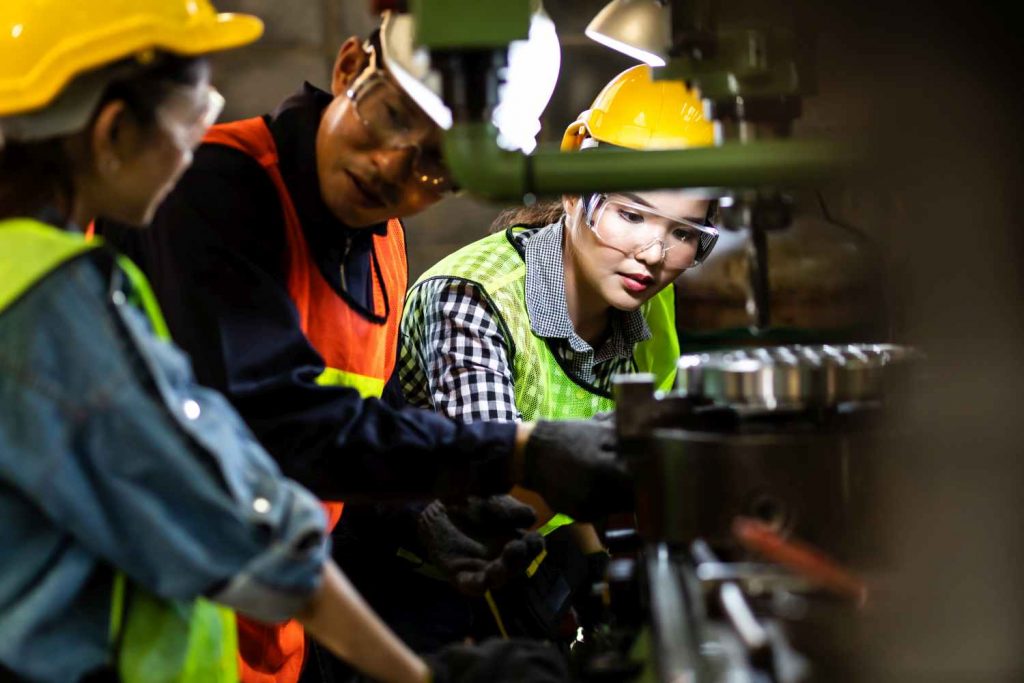
Again, this is nothing new. Our forefathers employed similar practices to educate their children. The easiest and greatest technique to teach is to lead by example. That’s why preserving veteran employees is better than hiring fresh staff to fill leadership positions.
As a result, your carefully chosen leaders ensure that your safety regulations are more respected and adhered to. They do so by using their influence and relatability.
Checking in on Your Leaders
Once you have your experienced leaders picked, it’s a good idea to monitor your new system for any problems.
A great way to monitor your new system is to speak with your staff face to face. Speaking openly with your employees and establishing open-door policies can not only foster empathy and understanding but will also lead to your employees alerting you to issues you would otherwise miss.
Here’s some more ground-up thinking from one of history’s most successful entrepreneurs:
The folks on the front lines—the ones who actually talk to the customer—are the only ones who really know what’s going on out there.
Sam Walton, CEO of Walmart
Although this phrase refers to a store, the underlying premise remains the same. Sam Walton is basically suggesting that first-hand experience beats forecasting. The fact that this quote has become so well-known demonstrates how detached management has grown. However, the pendulum has swung back, and many CEOs are making history with their humble and sympathetic ways.
So that’s all there is to it. Now that your foundations have been laid, you must consult with employees in order to detect weathering. If difficulties arise, they may be the result of people changing and new circumstances that may only be addressed after hearing or seeing them. But if you’ve promoted the right people, they probably already have solutions in mind your employees can relate to and respect.
Remember, sometimes the old way is not only the easiest way, but the best.



